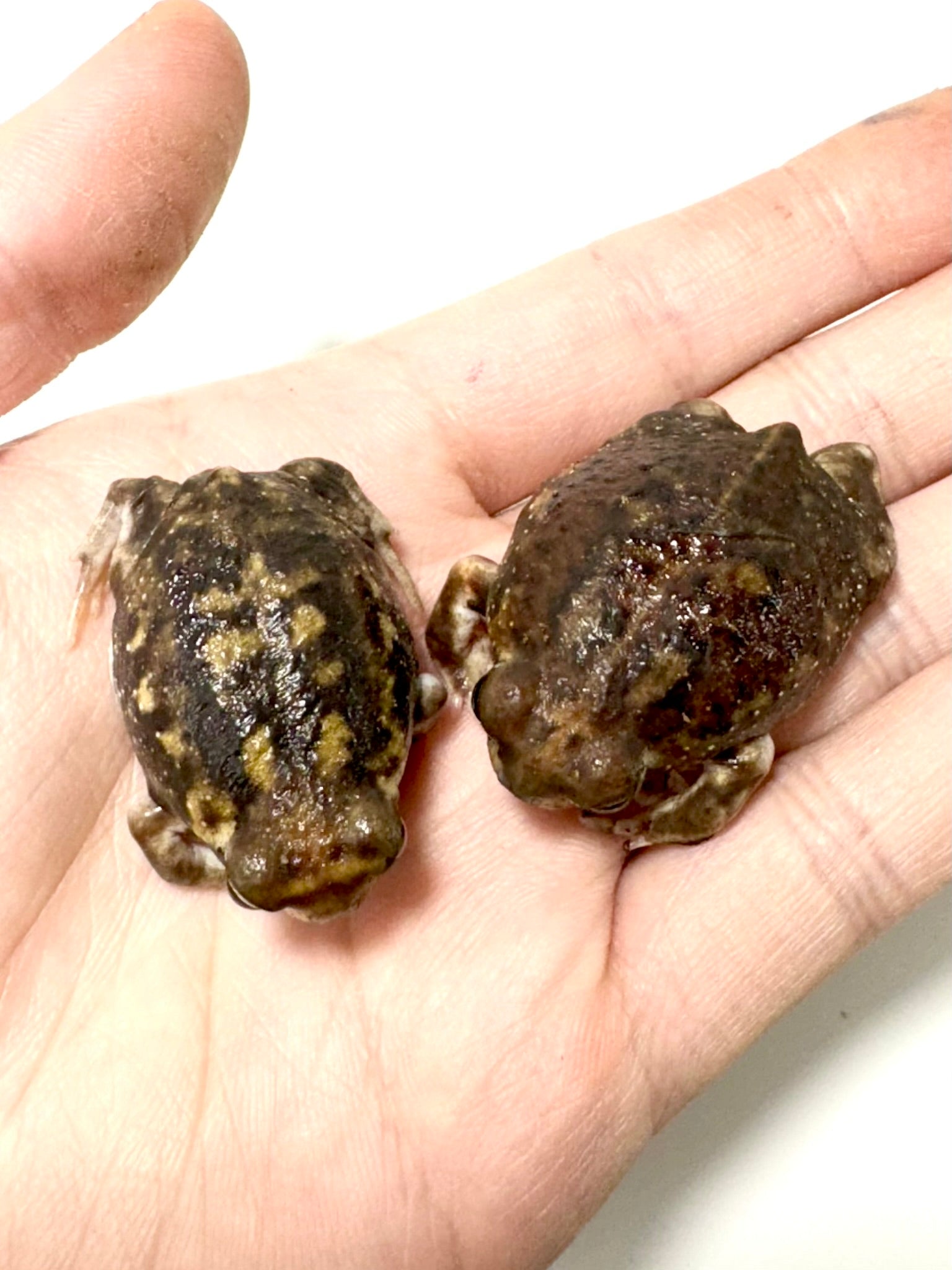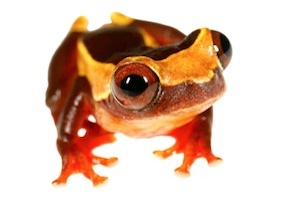Rain Frog for Sale: Unlock the Elegance of Nature with Your Own Amphibian Buddy!
Rain Frog for Sale: Unlock the Elegance of Nature with Your Own Amphibian Buddy!
Blog Article
Common Health And Wellness Issues in Reptiles: Signs and Solutions
In the complex world of reptile care, understanding the typical health problems that might affect these distinct animals is critical in guaranteeing their health. Whether it's grappling with parasitic problems, navigating dehydration concerns, or attending to skin conditions that materialize in subtle ways, being attuned to the signs and symptoms and geared up with the understanding of effective remedies is vital for any type of reptile owner.
Respiratory Infections
Breathing infections in reptiles can dramatically affect their overall health and wellness and need punctual interest from skilled veterinarians. These infections are frequently triggered by microorganisms, infections, or fungis and can materialize with signs and symptoms such as wheezing, nasal discharge, open-mouth breathing, and sleepiness. In reptiles, respiratory system infections can be specifically challenging to diagnose and treat as a result of their special anatomy and physiology. Vets typically depend on a mix of physical exams, diagnostic imaging, and lab examinations to properly identify the underlying reason for the infection.
Treatment for respiratory system infections in reptiles generally includes a combination of supportive treatment, such as maintaining appropriate humidity degrees and temperature level gradients in the enclosure, as well as targeted medication to deal with the details pathogen in charge of the infection. It is crucial for reptile proprietors to monitor their family pets carefully for any type of signs of respiratory distress and seek vet treatment at the earliest sign of an issue. With prompt intervention and ideal treatment, numerous reptiles can recuperate fully from breathing infections and resume typical activities.

Metabolic Bone Condition
What factors add to the growth of Metabolic Bone Illness in reptiles?
Metabolic Bone Illness (MBD) in reptiles is mainly brought on by a lack of appropriate calcium, phosphorus, and vitamin D3 levels in their diet. When reptiles do not receive appropriate calcium, either via their food or proper UVB exposure for vitamin D3 synthesis, they go to a high risk of developing MBD. Reptiles with diet plans low in calcium or unbalanced calcium to phosphorus ratios are especially at risk. Furthermore, inadequate direct exposure to UVB light prevents reptiles from synthesizing vitamin D3, which is essential for calcium absorption and bone health.
Not enough moisture degrees can additionally affect a reptile's capacity to metabolize calcium efficiently. Regular vet exams, proper husbandry practices, and a well balanced diet regimen are vital to avoid Metabolic Bone Disease in reptiles.
Parasitic Problems
Parasitic invasions position a substantial health and wellness threat to reptiles, influencing their general wellness and calling for prompt vet focus. Reptiles can be impacted by different bloodsuckers, consisting of termites, ticks, internal worms, and protozoa. These parasites can cause a series of symptoms, such as weight reduction, lethargy, skin irritability, diarrhea, and also fatality if left without treatment.
One common bloodsucker located in reptiles is the mite, which can cause skin anemia, inflammation, and anxiety. Ticks are another exterior parasite that can send diseases and create discomfort to the reptile. Internal bloodsuckers like worms and protozoa can cause digestive issues, poor nutrition, and compromise the reptile's body immune system.
To identify a parasitic problem, a veterinarian may do fecal tests, skin scrapings, or additional resources blood tests. Treatment commonly involves deworming medications, antiparasitic baths, or in extreme cases, a hospital stay. Preventative procedures such as normal vet examinations, proper health, and quarantine treatments for brand-new reptiles can help minimize the risk of parasitical invasions and guarantee the wellness of reptile family pets.
Dehydration and Hydration Issues
Dehydration in reptiles can substantially affect their health and wellness and health, necessitating timely treatment and ideal hydration monitoring. Reptiles redirected here are vulnerable to dehydration as a result of various elements such as insufficient water consumption, high environmental temperature levels, and specific wellness conditions. Symptoms of dehydration in reptiles include sunken eyes, sleepiness, loss of skin elasticity, and reduced peeing. If left without treatment, dehydration can bring about severe health concerns and even be fatal to the reptile.
To protect against dehydration, reptile owners should make sure that their family pets have access to clean water in all times. The water recipe must be big sufficient for the reptile to saturate in if needed, specifically for varieties that soak up water with their skin. In addition, preserving appropriate humidity levels in the reptile's unit and offering routine baths can assist stop dehydration.
In cases of dehydration, it is essential to look for veterinary care promptly. A vet might carry out liquids either orally or with injections to rehydrate the reptile. It is necessary to attend to the underlying source of dehydration to avoid reappearance and make certain the reptile's total health.
Skin Ailments
Final Thought

Respiratory system infections in reptiles can considerably affect their total health and wellness and call for punctual focus from seasoned veterinarians (rain frog for sale). Preventative procedures such as regular vet check-ups, proper hygiene, and quarantine procedures for new reptiles can aid decrease the risk of parasitical problems and make sure the health of reptile animals
If left neglected, dehydration can lead to serious wellness concerns and also be deadly to the reptile.
Frequently examining your reptile for any changes in skin look, texture, or shade can help in early discovery and treatment of skin ailments, promoting the overall health and well-being of your flaky friend. - rain frog for sale
In final thought, reptiles are susceptible to different health and wellness problems such as respiratory system infections, metabolic bone condition, parasitical invasions, dehydration, and skin ailments.
Report this page